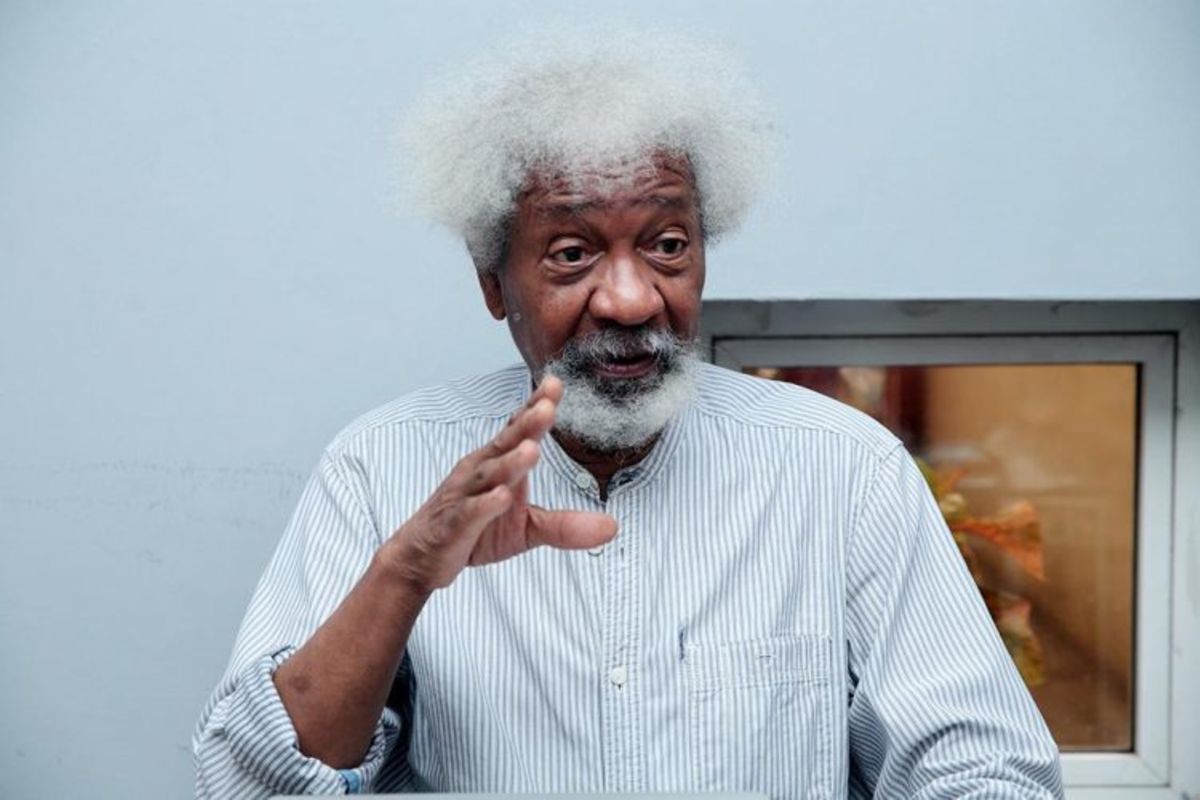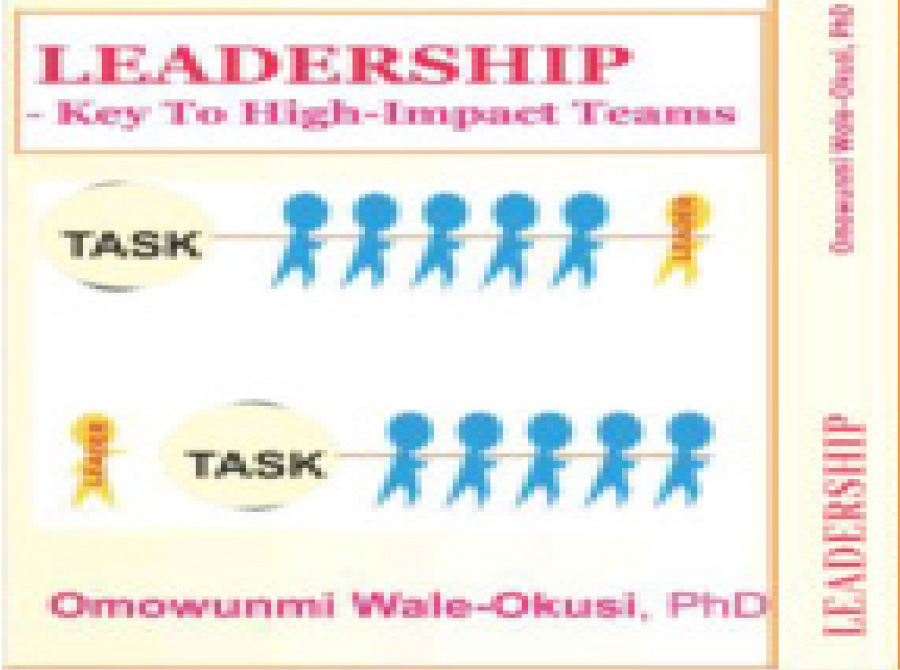



Chinua Achebe, a renowned Nigerian author, continues to inspire and provoke thought even after his passing [e7c79647]. Achebe saw himself as an active communicator and participant in the life of his community, emphasizing the role of the hero as a leader whose actions impact society [e7c79647]. He criticized post-colonial African leadership and called for a better society in Nigeria [e7c79647]. Achebe's work highlighted the crisis of leadership as Nigeria's most enduring problem, with the consequences of bad leadership evident in the country's lagging development, corruption, unemployment, and poverty [e7c79647]. Despite these challenges, the majority of Nigerians remain attached to the promise of Nigeria and crave good leadership [e7c79647]. Achebe's vision and idealism continue to resonate, but he may not have foreseen the extent of Nigeria's decline due to bad leadership [e7c79647].
Author Omowunmi Wale-Okusi describes leadership as 'a person’s capacity to obtain the commitment of the people they are leading to the objectives of the place, organization or group' [bf235847]. The book discusses leadership skills, types of leadership, qualities of a leader, and the consequences of leadership failure [bf235847]. It also explores seven leadership styles and their success factors, using biblical leaders such as Joshua, Deborah, and Gideon as examples [bf235847]. The book is published by Q F Associates [bf235847].
Erelu Bisi Fayemi, writer, activist, and former First Lady of Ekiti State, spoke at the Abuja ANA's Reading and Writers' Dialogue [e34d053a]. She discussed her latest book, 'Demand and Supply,' and emphasized the transformative power of writing on society [e34d053a]. Erelu also advocated for women in the public space and spouses of political office holders, challenging the perception that they are mere appendages [e34d053a]. Governor Abiodun Oyebanji expressed gratitude to the Association of Nigerian Authors (ANA) for creating a forum for engagement and urged writers to continue advocating for justice and good governance [e34d053a]. Former Governor Kayode Fayemi and Senate Majority Leader Opeyemi Bamidele also commended ANA for its role in inspiring collective action and social reforms through literature [e34d053a].
Wole Soyinka, the legendary African author and activist, celebrated his 90th birthday [62afef9e]. Soyinka embodies unrelenting activism and literary excellence, demonstrating the power of words and actions in the struggle for justice and human rights [62afef9e]. He has consistently addressed political corruption, social injustice, and human rights abuses through his plays, poems, essays, and speeches [62afef9e]. Growing up in colonial Nigeria, Soyinka experienced oppression and inequality firsthand, which fueled his commitment to using literature and artistic expression as tools for resistance [62afef9e]. His works offer a thorough analysis of Nigeria's past and current conflicts, exploring issues such as dictatorship, corruption, and the pursuit of justice [62afef9e]. Soyinka's influence can be seen in the works of later Nigerian writers, such as Femi Osofisan and Ahmed Yerima, who also use their writing to advocate for personal freedom and political action [62afef9e].
The enduring legacy of Chinua Achebe, Wole Soyinka, and Erelu Fayemi serves as a testament to the power of writing and activism in shaping society and inspiring change. These authors and activists have fearlessly confronted the challenges of their time, using their words to challenge oppression, advocate for justice, and inspire social transformation. Through their works, they have shed light on the crises of leadership, political corruption, social injustice, and human rights abuses, sparking conversations and mobilizing collective action. Their contributions continue to resonate, reminding us of the importance of literature and activism in the pursuit of a better and more just world.